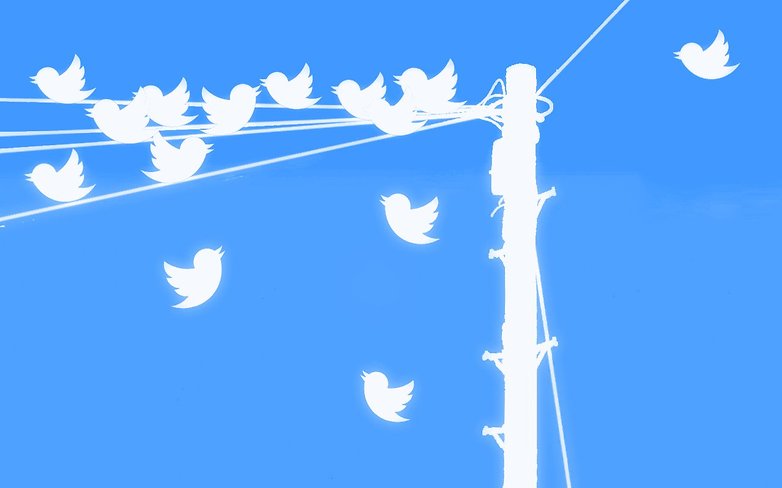How AI may repair social media?
I heard concerning the massive cyber assault in Germany.
Have you?
Social media itself could be immensely highly effective – its position in international occasions can not be denied. Since the early 2010s, we have seen it used as a software for activism and civil resistance – serving to set up protests and revolutions, akin to Egypt’s January 25 Revolution; it has been a platform for citizen journalism and naturally, a solution to join with folks throughout the globe. However, we have now additionally seen it’s used for propaganda and as a platform for hate speech and misinformation. This is why as synthetic intelligence continues to evolve and its presence on social media grows, we have now to be aware of what course it steers it in.
A serving to hand?
We’ve all gotten into heated on-line arguments with trolls no less than as soon as in our lives and we have all most likely come throughout extremely offensive content material. It’s no surprise then that social media is usually being labeled a poisonous and miserable . As many others, I imagine that some folks simply really feel empowered by anonymity or lack of penalties on-line – main them to behave terribly. Of course, corporations like Twitter are chargeable for moderating such content material, however I do not blame them when stuff slips via the cracks. The quantity of content material posted on these web sites on daily basis is immense. According to Internet Live Stats, on common, round 6,000 tweets are posted each second.

This is the place synthetic intelligence is available in. In my opinion, a well-trained AI may very well be of nice assist – particularly whether it is designed to help human moderators. Artificial intelligence can scan huge quantities of information extremely shortly and doubtlessly establish issues akin to doxxing, calls to violence and different unlawful or questionable content material. Human moderators can then select what motion to absorb response.
Human and AI collaboration is the way in which ahead.
What do you suppose?
There have already got been related makes an attempt – researchers at Cornell university developed a bot, which had the task of anticipating when a civil conversation might turn toxic. It performed worse than humans, getting it right only 65% of the time, compared to people’s 72% accuracy. However, as the tech improves, and especially if there’s collaboration between human and machine, the results could be great. Of course, there are concerns and potential ways such a system could be gamed or used for nefarious purposes, but that is the case with almost every technology.
I additionally imagine synthetic intelligence may doubtlessly assist in combating pretend information by scanning on-line information and fact-checking. However, how nicely it performs would depend upon the way it’s educated. It’s not unprecedented people passing their biases right down to AI. I personally suppose it may be a bit too early to see this use of AI in motion, however as time goes on, it may play a constructive position.
A catastrophe within the making?
As social media platforms have matured, they’ve remodeled from web sites the place folks put up their selfies to areas which mixture huge quantities of information about customers’ each single motion, like and choice. AI has solely helped velocity up this course of. What is the harvested information used for? First and foremost to customise what you see in your newsfeed and in ads.
According to MarTech Advisor, Twitter, for instance, is working a machine studying algorithm, which categorizes each tweet. “The idea is to provide content people most care about at the top of their timeline. It could mean a significant shift in the way that people currently view tweets within the chronological timeline format.” Facebook can also be allegedly utilizing synthetic intelligence in its newsfeed.

However, whereas delivering related content material is nice, in my view, there are potential issues with personalization to such a level. It can isolate folks in bubbles, the place their views are consistently affirmed and regurgitated. The narrative can then change into extraordinarily poisonous, as we have now already seen with Reddit subforums like ‘Fat People Hate’. It may result in social media corporations promoting much more of our information, as advertisers insist on extremely customized advertisements.
But these are usually not the one points – remoted on-line communities are sometimes simpler to control, so long as they’re fed data that aligns with their preexisting world views. In my opinion, it is wholesome to be introduced with opposing concepts and have your biases challenged. Yet, synthetic intelligence could make this more and more tougher sooner or later. As Clint Watts, a analysis fellow on the Foreign Policy Research Institute, writes for the Washington Post, discussing the capabilities of AI voter manupilation: “Every like, retweet, share and post on all social media platforms will be merged and matched with purchase histories, credit reports, professional résumés and subscriptions. Fitness tracker data combined with social media activity provides a remarkable window into just when a targeted voter might be most vulnerable to influence, ripe for just the right message or a particular kind of messenger.”

This, mixed with the flexibility to create so-called ‘deep fakes’ with AI, can have disastrous penalties for democracy and society. And if synthetic intelligence is left unsupervised, censorship – whether or not unintentional or intentional, may additional exasperate the issue. However, it is not all hopeless. In the tip, the end result of this match between social media and AI can be within the fingers of people – synthetic intelligence in the present day just isn’t Skynet, we nonetheless management it. This means its makes use of could be studied, modified and legislated. We can solely hope we make the correct selections.
What do you concentrate on the connection between AI and social media? Share your ideas within the feedback.


